The Role of Nutrition in Strengthening Poultry Immunity Against Coccidiosis
Coccidiosis poses a significant challenge in poultry farming, a disease caused by Eimeria parasites that infect the intestinal tract of chickens.
This condition not only hampers the performance of the birds but also affects overall production, leading to economic losses for farmers. As a poultry producer, understanding the connection between nutrition and immune response becomes crucial for managing this disease effectively.
By focusing on how proper nutrition enhances the gut health and immunity of chickens, we can uncover strategies to mitigate the impacts of coccidiosis. In this article, we delve into the vital role of nutrition and how specific dietary choices can bolster your flock’s defense against such infections.
Understanding Coccidiosis and Its Impact on Poultry
Coccidiosis is primarily caused by several species of Eimeria, with Eimeria tenella being one of the key culprits affecting chickens.
When these parasites invade the intestinal lining, they cause damage that leads to symptoms like diarrhea, weight loss, and reduced egg production. As poultry producers, you should be aware that this disease not only compromises the health of your birds but also increases veterinary costs and decreases feed efficiency.
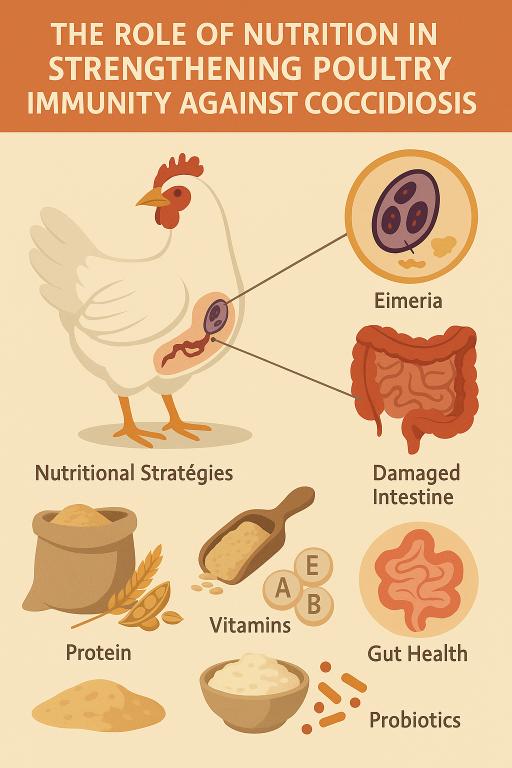
The immune response of chickens is pivotal in controlling coccidiosis. Healthy chickens can mount a robust immune response that clears the infection, but factors like poor nutrition can diminish their ability to fight off disease. Research published in scholarly journals emphasizes that nutrition plays a significant role in shaping the immune system. Nutritional deficiencies can lead to weakened defenses, making birds more susceptible to infections.
To combat coccidiosis effectively, it is essential to integrate a comprehensive management plan that includes proper nutrition. This entails providing a balanced diet rich in essential nutrients, including proteins, vitamins, and minerals, which are critical for the development of immune cells and overall health. By prioritizing nutritional strategies, poultry producers can enhance the resilience of their flocks against coccidiosis.
Nutritional Strategies for Enhancing Poultry Immunity
To improve the immunity of your chickens against coccidiosis, you must focus on specific nutritional strategies.
One of the primary components is protein; adequate protein intake is essential for the production of antibodies and other immune proteins. Research indicates that a diet containing high-quality protein sources, such as soybean meal or fishmeal, contributes to increased production of immune cells, thus enhancing the birds’ ability to combat infections.
In addition to proteins, the inclusion of vitamins such as Vitamin A, Vitamin E, and B -complex vitamins is crucial. These vitamins play various roles in maintaining immune function. For instance, Vitamin A is vital for ensuring the integrity of the gut lining, while Vitamin E acts as an antioxidant, protecting cells from oxidative stress caused by infections. Regular supplementation with these vitamins can lead to improved health and performance in your birds.
Furthermore, incorporating probiotics into the diet can foster a healthy gut microbiome, which is fundamental for immune function. Probiotics help in the modulation of gut flora and enhance the intestinal barrier, preventing the invasion of pathogens like Eimeria. Choosing appropriate probiotic strains can aid in improving gut health, thereby promoting better immunity and performance in your poultry.
The Role of Gut Health in Poultry Immunity
Gut health is a cornerstone of overall poultry health and plays an instrumental role in immunity against diseases like coccidiosis. A well-maintained gut environment can help your chickens resist infections by supporting the development of a strong immune system. Gut health is influenced significantly by dietary choices, fermentation processes, and the presence of beneficial microorganisms.
When chickens consume a nutritious diet, they promote a balanced gut microbiota. This balance is crucial for synthesizing vitamins and short-chain fatty acids, which serve as energy sources for the gut lining and immune cells. A diverse gut microbiome contributes to the production of mucins and antimicrobial peptides, which are essential for defending against pathogens such as Eimeria.
Moreover, the use of prebiotics in the diet can enhance gut health. Prebiotics are non-digestible food ingredients that stimulate the growth of beneficial gut bacteria, further supporting immune function. By incorporating ingredients such as chicory root or inulin into your feed, you can foster a healthier gut environment, thereby bolstering your chickens’ immunity against infections, including coccidiosis.
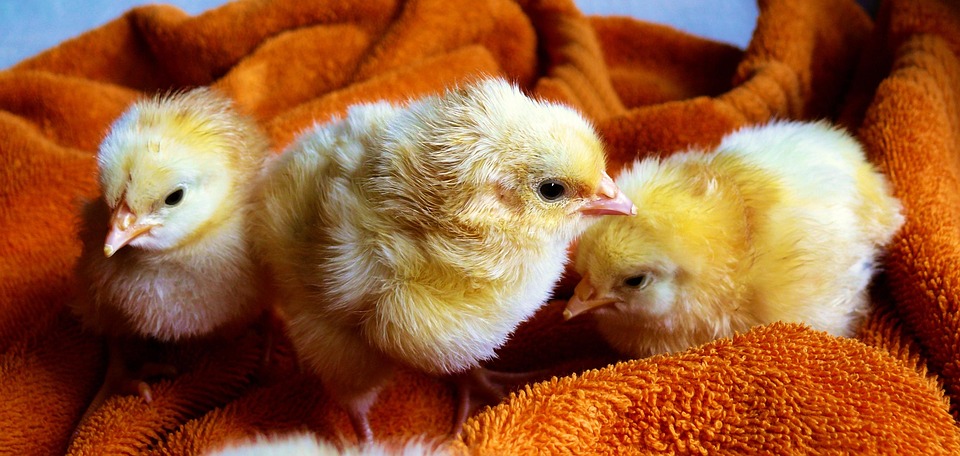
Monitoring and Adjusting Nutritional Plans for Optimal Health
Monitoring the health and performance of your flock is essential for making informed decisions about nutritional adjustments.
Regular assessments can help you identify signs of nutrient deficiencies or health issues, including susceptibility to infection. Keeping records of growth rates, feed conversion ratios, and any observed health problems will guide you in tailoring your nutritional strategy.
Engaging with veterinarians or animal nutritionists can provide significant insights into the nutritional needs of your birds, especially when facing challenges like coccidiosis outbreaks. Adjustments may be necessary based on the age, breed, and production goals of your chickens. For instance, growing chicks may require higher protein intake for optimal growth, while layers might benefit from calcium and phosphorus for egg production.
Using feed analysis tools and laboratory assessments can also help ensure that your feed is meeting the nutritional requirements of your flock. Regular testing of feed components allows you to fine-tune your formulations, ensuring that your birds receive a balanced diet that supports their immune systems and overall health.
Empowering Your Flock Through Nutrition
The relationship between nutrition and poultry immunity is clear, particularly when it comes to managing coccidiosis.
By understanding the importance of a balanced diet rich in proteins, vitamins, and probiotics, you can enhance the immune responses of your chickens against these infections. Investing in proper nutritional strategies not only boosts the health of your birds but also improves their performance, ultimately leading to better production outcomes.
As poultry producers, your efforts to monitor health, adjust feeding plans, and prioritize gut health will empower your flock to resist diseases like coccidiosis more effectively. Embracing modern nutritional knowledge will keep your chickens healthy and your business thriving. By securing the well-being of your poultry through informed dietary choices, you pave the way for sustainable and profitable poultry farming.
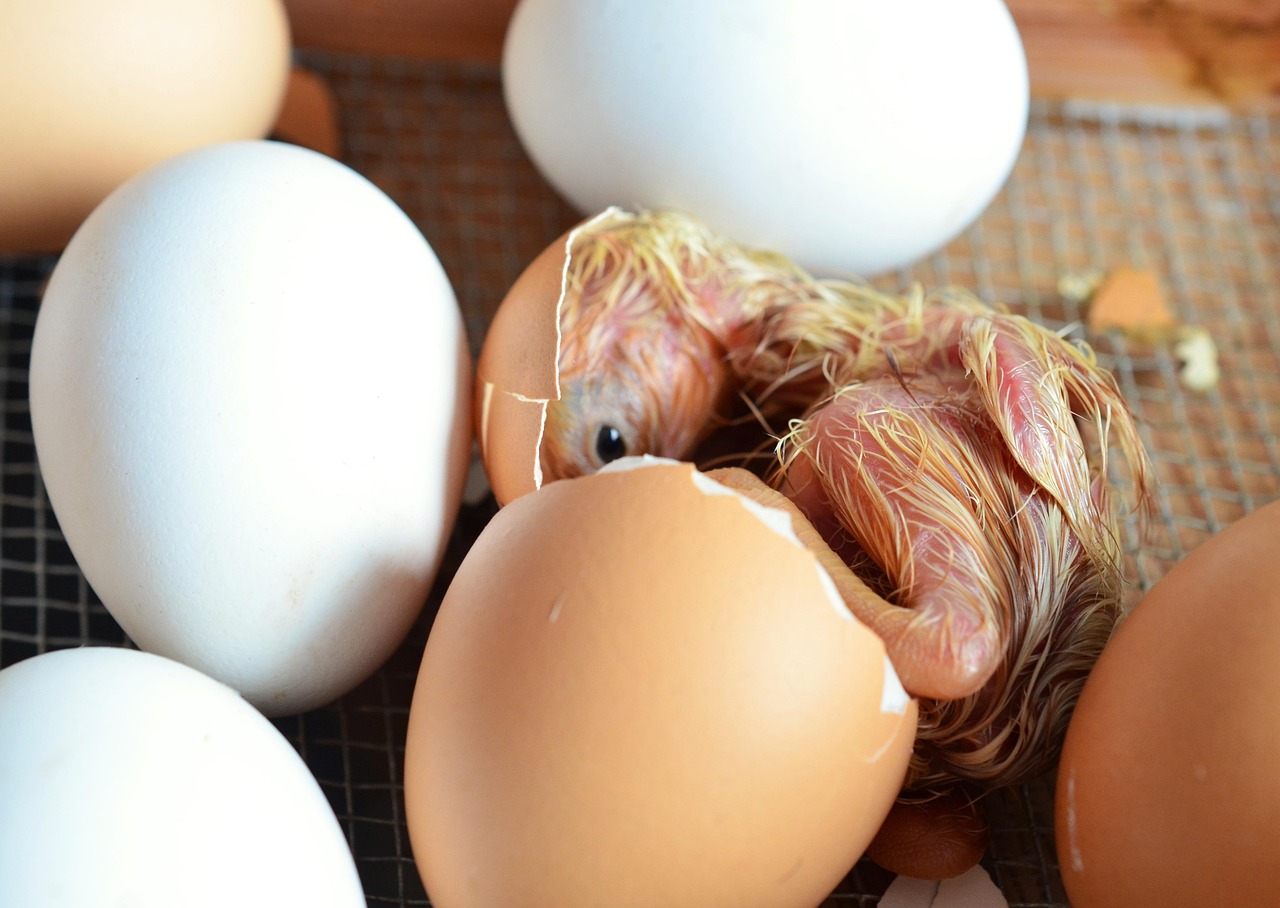








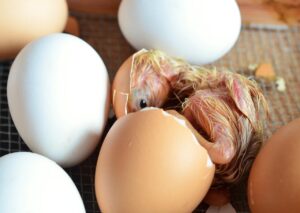



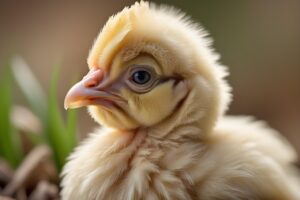
Post Comment